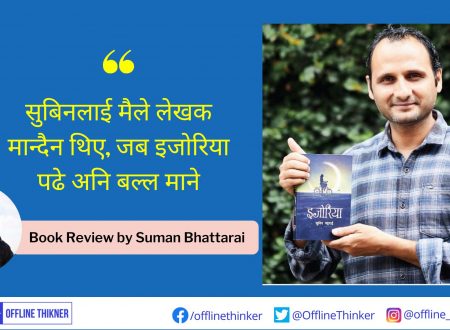Writing is a timeless art form, a powerful means of communication, and a skill that can transform your personal and professional life. Whether you’re an aspiring novelist, a student looking to improve your academic writing, or a professional seeking to enhance your communication skills, becoming a better writer is a valuable pursuit. In this thousand-word article, we’ll explore a comprehensive guide on how to be a better writer, covering essential tips and techniques to help you refine your craft and unleash your creative potential.
-
Read Widely
The foundation of becoming a better writer lies in reading extensively. Exposure to various styles, genres, and voices will broaden your understanding of language, storytelling, and the nuances of effective writing. Make a habit of reading both fiction and non-fiction, classic and contemporary works, to gain diverse perspectives and insights.
-
Write Regularly
Writing, like any skill, improves with practice. Set aside dedicated time each day or week to write, even if it’s just a journal entry or a short paragraph. Consistency is key to developing your writing muscle and maintaining creative momentum.
-
Develop a Writing Routine
Establishing a writing routine helps create a conducive environment for creativity. Find a time and place that works best for you, eliminate distractions, and immerse yourself in your writing process. Over time, this routine will become a habit that fosters productivity.
-
Embrace Feedback
Constructive criticism is invaluable for growth. Seek feedback from peers, mentors, or writing groups. Listen to their insights and be open to making revisions. Remember that feedback is an opportunity to refine your work, not a personal attack.
-
Master the Basics of Grammar and Style
Grammar and style are the backbone of effective writing. Invest time in learning and mastering the rules of grammar, punctuation, and syntax. Familiarize yourself with different writing styles, such as APA, MLA, or Chicago, depending on your writing goals.
-
Edit and Revise
Great writing often emerges from the editing and revision process. After completing a draft, step away from it for a while and return with fresh eyes. Trim unnecessary words, restructure sentences, and ensure clarity and coherence. Don’t be afraid to rewrite and refine.
-
Expand Your Vocabulary
A rich vocabulary allows you to express ideas more precisely and vividly. Challenge yourself to learn new words and their nuances. However, use them judiciously; clarity should always be your primary goal.
-
Embrace Simplicity
While a diverse vocabulary is important, simplicity in writing is equally crucial. Avoid convoluted sentences and overuse of complex words. Clear, concise language is often more effective in conveying your message.
-
Study Rhetoric and Persuasion
Understanding the principles of rhetoric and persuasion can enhance your ability to engage and persuade your audience. Explore techniques such as ethos, pathos, and logos to craft compelling arguments and narratives.
-
Show, Don’t Tell
One of the most fundamental principles of storytelling is “show, don’t tell.” Instead of simply stating facts or emotions, use vivid descriptions, sensory details, and dialogue to immerse your readers in the narrative. This technique makes your writing more engaging and memorable.
-
Develop Strong Characters
In fiction writing, well-developed characters are the heart of your story. Create characters with depth, flaws, and relatable qualities. Readers should empathize with, root for, or even despise your characters based on their complexity.
-
Structure Your Writing
Organize your writing effectively, whether it’s an essay, article, or novel. Use clear introductions, body paragraphs, and conclusions to guide your readers through your ideas or storyline. A well-structured piece is easier to follow and more impactful.
-
Embrace Creativity
Writing is not just about following rules; it’s also about embracing creativity. Allow your imagination to flow freely. Experiment with different genres, styles, and narrative techniques. Push the boundaries of your comfort zone to discover your unique voice.
-
Research Thoroughly
For non-fiction and academic writing, thorough research is essential. Ensure your arguments are well-supported by credible sources. Properly cite your references to maintain academic integrity.
-
Be Patient and Persistent
Becoming a better writer is a journey, not a destination. You will encounter challenges and setbacks, but perseverance is key. Keep writing, keep learning, and keep improving.
Conclusion
Becoming a better writer is a lifelong pursuit that requires dedication, practice, and continuous learning. By reading widely, writing regularly, and honing your skills in grammar, style, and storytelling, you can transform yourself into a proficient and captivating writer. Embrace feedback, maintain a writing routine, and remember that simplicity and creativity are your allies in this rewarding journey. Whether you aspire to be a novelist, a journalist, or a business communicator, the art of writing is a skill that will serve you well throughout your life.
Follow Offline Thinker on Facebook, Twitter, and Instagram. You can send us your writings at connect.offlinethinker@gmail.com







